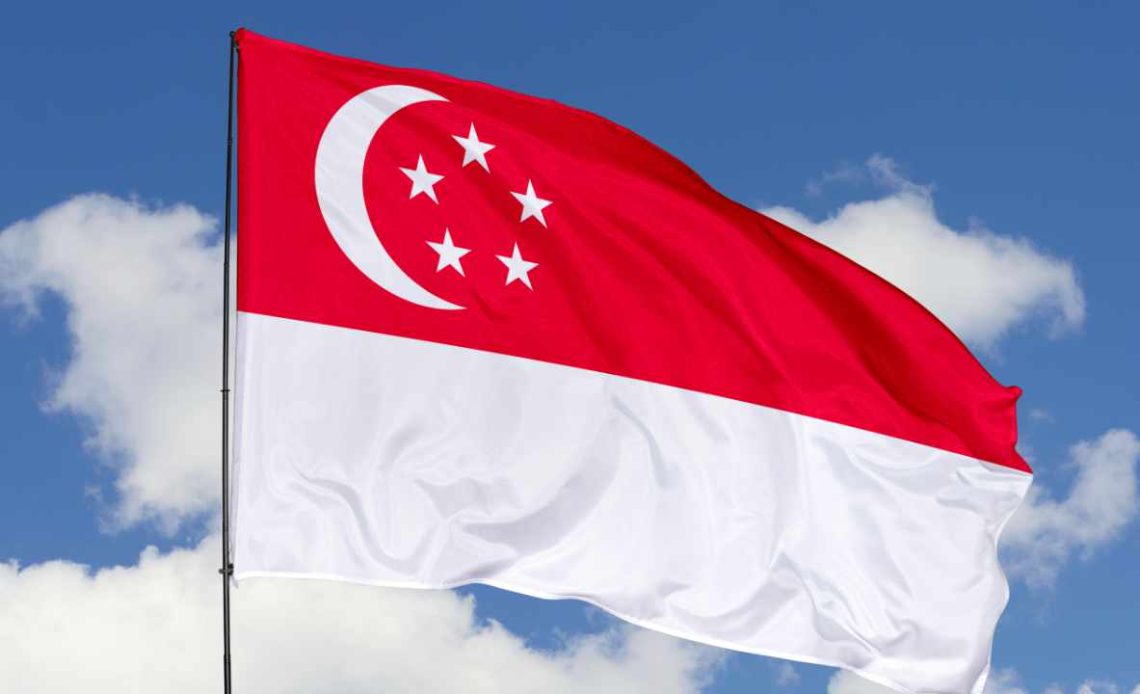
Singapore is mandating crypto service providers operating locally but serving overseas customers to get licensed or exit by June, with no grace period or phased rollout.
Singapore Gives Crypto Firms Until June 2025 to Comply, Without Grace Period or Tiered Rollout
The Monetary Authority of Singapore (MAS) finalized its position on May 30 regarding the regulatory framework for crypto-related digital token service providers (DTSPs) operating from Singapore but serving customers overseas. Under the Financial Services and Markets (FSM) Act 2022, these crypto service firms must now meet strict licensing requirements or cease operations by June 30, 2025. MAS cited the heightened money laundering and terrorism financing risks associated with the crypto sector’s cross-border and internet-native structure. The regulator stressed that licenses would only be issued under “extremely limited circumstances” where firms can demonstrate compliance with international standards and present no reputational risk to Singapore.
Despite feedback from industry stakeholders seeking a grace period or transitional arrangements, MAS firmly dismissed those requests. In its official response, the authority stated: “DTSPs which are subject to a licensing requirement under section 137 of the FSM Act must suspend or cease carrying on a business of providing DT services outside Singapore by 30 June 2025.” It added:
MAS maintains our position that no transitional period will be provided. Instead, MAS will provide the four-week commencement notification period for DTSPs to suspend or cease the provision of all DT services by 30 June 2025.
Crypto industry participants, including blockchain associations and legal experts, had urged MAS to consider tiered fees or exemptions for startups, but the agency reaffirmed its flat S$10,000 annual fee ($7,744.20) and S$250,000 minimum capital requirement for all crypto licensees.
The finalized framework introduces robust crypto compliance obligations across anti-money laundering (AML), countering the financing of terrorism (CFT), cyber hygiene, audit processes, and customer due diligence. MAS also clarified that individuals in Singapore working with overseas crypto firms must be licensed unless exempted. Measures such as a ban on bearer negotiable instruments and large cash payouts, along with technology risk controls, further tighten oversight. While MAS asserts these rules protect the financial system, critics from the crypto community caution that such rigidity may drive blockchain talent and investment to more accommodating jurisdictions. Proponents of digital assets are calling for a more balanced approach that preserves financial integrity while enabling crypto innovation.
Source: Bitcoin



